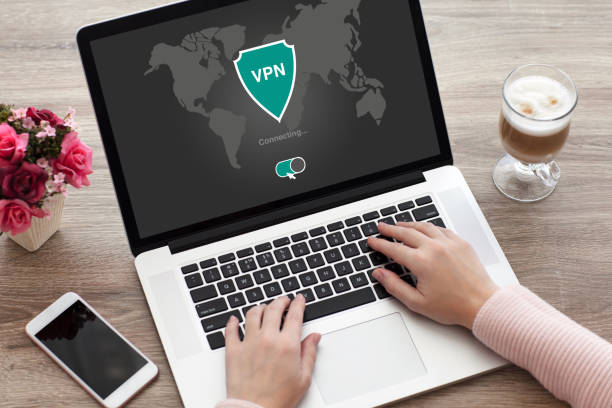In an era where online privacy and security are paramount, Virtual Private Networks (VPNs) have become indispensable tools. Whether you’re concerned about protecting sensitive data, accessing geo-blocked content, or safeguarding your browsing habits from prying eyes, understanding VPN security is crucial. This guide aims to provide beginners with comprehensive insights into VPNs, their security features, and how to choose the right VPN service.
What is a VPN?
Definition: A VPN, or Virtual Private Network, is a technology that creates a secure connection over the internet, allowing users to browse the web privately and securely. By encrypting your internet traffic and masking your IP address, VPNs protect your online activities from surveillance and hacking attempts.
How VPN Works: When you connect to a VPN server, your device creates a secure tunnel through which all your internet traffic passes. This encrypted tunnel prevents third parties, including your Internet Service Provider (ISP), from monitoring your online activities.
Benefits of Using a VPN
Enhanced Privacy: VPNs mask your IP address and encrypt your data, making it difficult for anyone to track your online movements or intercept your information.
Access to Geo-Restricted Content: By connecting to VPN servers in different countries, you can bypass geographical restrictions and access content that may be blocked in your region.
Secure Public Wi-Fi Connections: VPNs provide a layer of security when using public Wi-Fi networks, protecting your data from potential hackers or malicious actors.
Understanding VPN Encryption
Encryption Protocols: VPNs use various encryption protocols such as OpenVPN, IKEv2/IPsec, and WireGuard to secure your data. These protocols employ sophisticated algorithms to encode your internet traffic, ensuring confidentiality and integrity.
AES Encryption: Advanced Encryption Standard (AES) is widely used by VPN providers due to its effectiveness in securing data transmissions. AES encryption algorithms come in different key lengths (e.g., 128-bit, 256-bit), with longer keys offering stronger encryption.
Choosing the Right VPN Service
Factors to Consider: When selecting a VPN service, consider factors such as:
- Security Features: Look for VPN providers with strong encryption, a strict no-log policy, and a built-in kill switch.
- Server Network: A diverse server network allows you to access content from different regions and improves connection speed.
- User-Friendly Interface: Choose VPN apps that are easy to install and navigate, catering to beginners and experienced users alike.
VPN Security Best Practices
Enable Kill Switch: Activate the kill switch feature in your VPN app to ensure your internet connection is automatically severed if the VPN connection drops unexpectedly.
Regular Updates: Keep your VPN software up to date to protect against vulnerabilities and security flaws.
Avoid Free VPNs: Free VPN services may compromise your privacy with ads, data logging, or insufficient security measures. Invest in a reputable paid VPN service for reliable protection.
Conclusion
VPN security is a fundamental aspect of safeguarding your online privacy and data integrity. By understanding how VPNs work, their encryption mechanisms, benefits, and considerations for choosing a VPN service, beginners can make informed decisions to protect their digital footprint effectively.
For a comprehensive comparison of top VPNs that prioritize security and performance, explore options at top VPNs. Empower yourself with the tools and knowledge to enhance your online security and privacy with a reliable VPN service tailored to your needs
